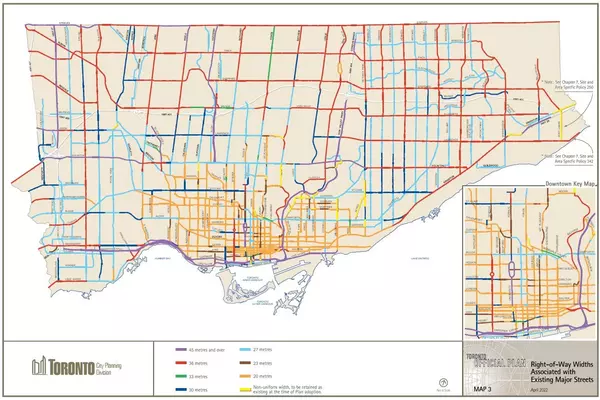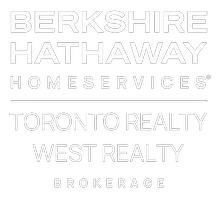3 Government Changes You Should Know About

The real estate landscape is constantly evolving, and recent government changes have introduced new opportunities and benefits for buyers, homeowners, and investors in Canada. If you're planning to buy, refinance, or expand your property portfolio, it’s essential to understand these updates. Here are three key changes that could impact your real estate decisions:
1. New CMHC Guidelines for Insured Mortgages
-
Increased Insured Mortgage Cap: The $1 million price cap for insured mortgages has been increased to $1.5 million, effective December 15, 2024, to reflect current housing market realities.
-
Expanded Eligibility for 30-Year Amortizations: All first-time homebuyers and buyers of new builds will be eligible for 30-year mortgage amortizations, starting December 15, 2024.
Impact: These new guidelines mean that more Canadians can access more of the housing market with lower down payments and manageable monthly payments. If you’re a first-time homebuyer or looking to enter the market, these updated guidelines could improve your chances of securing a mortgage and finding your dream home.
2. CMHC Secondary Suites Financing Program – Loans Up to $2 Million
Many homeowners have extra space they may want to convert into rental suites, such as an unused basement, or a garage that could be converted into a laneway home. Historically, the cost of renovating, combined with municipal red tape, has made this both difficult and expensive.
Key Updates to CMHC Loan Program:
-
Maximum Property Value Limit: The “as improved” value of the eligible residential property against which the loan is secured must be less than $2 million.
-
Maximum Loan-to-Value limit: Up to 90 per cent of the property value, including the value added by the secondary suite(s), in combination with any other outstanding loans secured by the property.
-
Maximum amortization: 30 years.
-
Additional Details: The project financing must not exceed the project costs. The cost of construction needs to be covered up from by the property owner and will be reimbursed on project completion.
Impact: This program is a game-changer for homeowners looking to build wealth, offset cost of living and maximize the value of their property. Whether you’re an investor, current homeowner, or buyer looking for an income-generating property, this financing vehicle makes it easierier than ever to add rental spaces, build generational wealth, and make homeownership more financially feasible.
3. Mortgage Renewal Without Requalifying with a New Lender
When a homeowners mortgage term is complete, they typically renew their mortgage for a new term at a new rate. Historically this process did not require the homeowner to requalify for the new loan, so long as they remained with the same lender. If they wished to "shop" for a better product, it required that they requalify should they move to a new lender - a process that could be daunting, and often times impossible. That has all changed under the new mortgage renewal guidelines eliminate the need for requalification when moving to a new lender, making it easier to shop for better rates and terms without the hassle of reassessment.
Impact: “When consumers renew their mortgages, their ability to switch to a competitive mortgage offer is critical to ensure they obtain the best rate and terms to serve their needs,” the Competition Bureau said in a submission to the Department of Finance, noting that the share of uninsured mortgages has been growing, climbing to 73 per cent by mid-2023.
These three government changes are designed to make homeownership, renewing financing, and investing in income producing properties easier and more accessible. Whether you’re a first-time buyer, homeowner, or property investor, staying informed about these updates can help you make more strategic real estate decisions in 2024 and beyond.
Categories
Recent Posts










